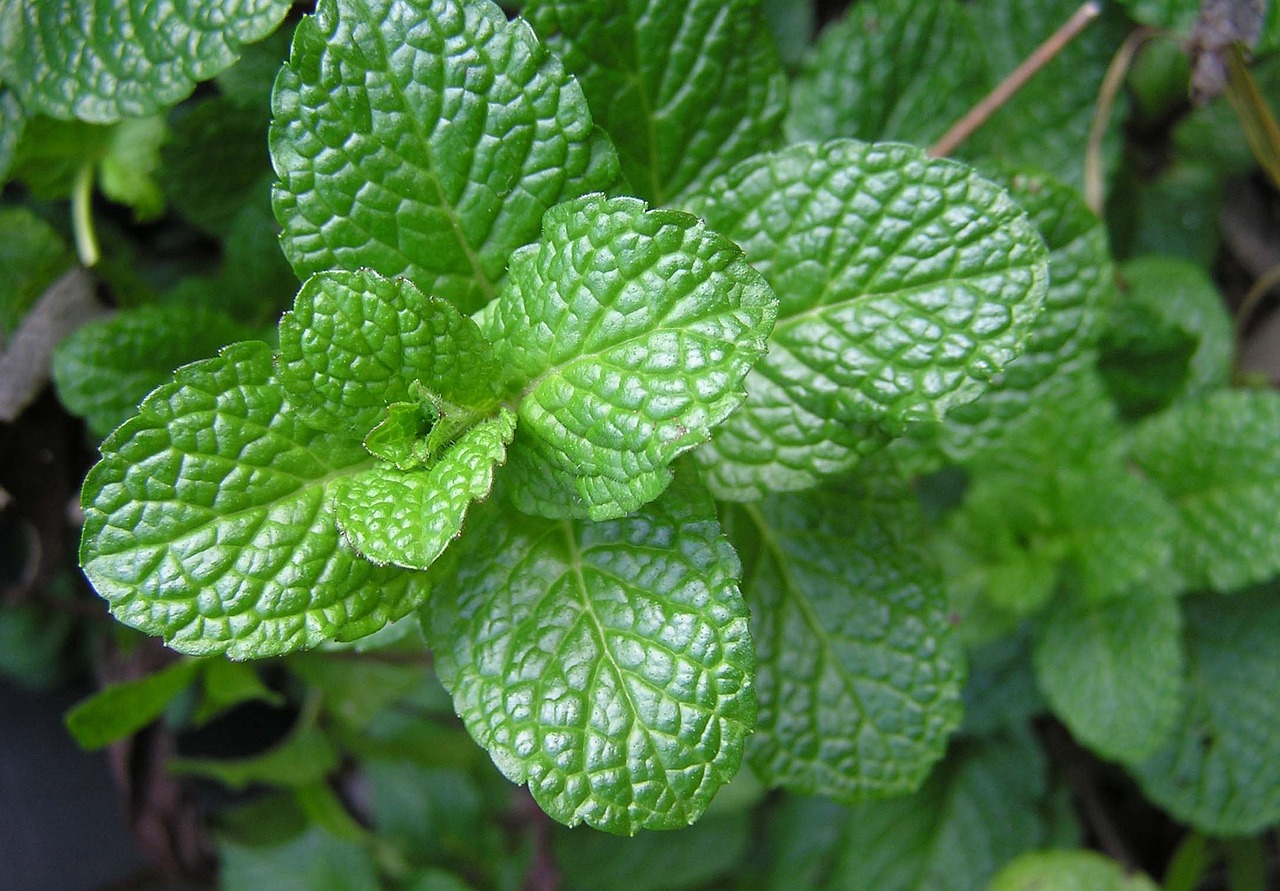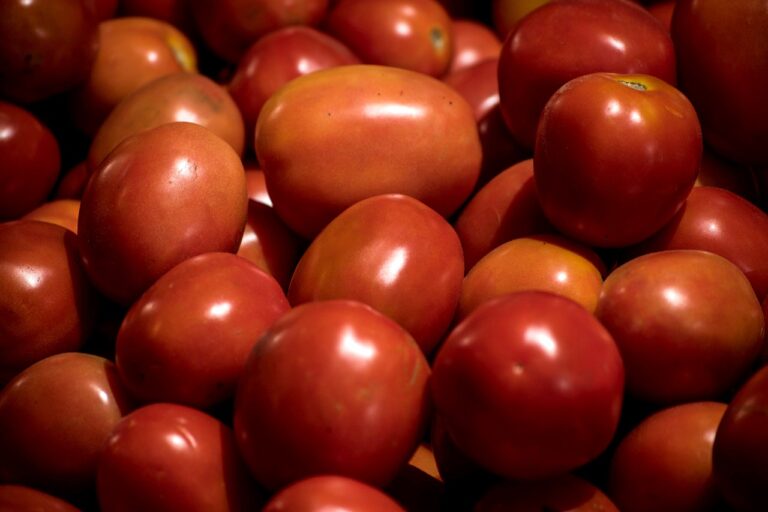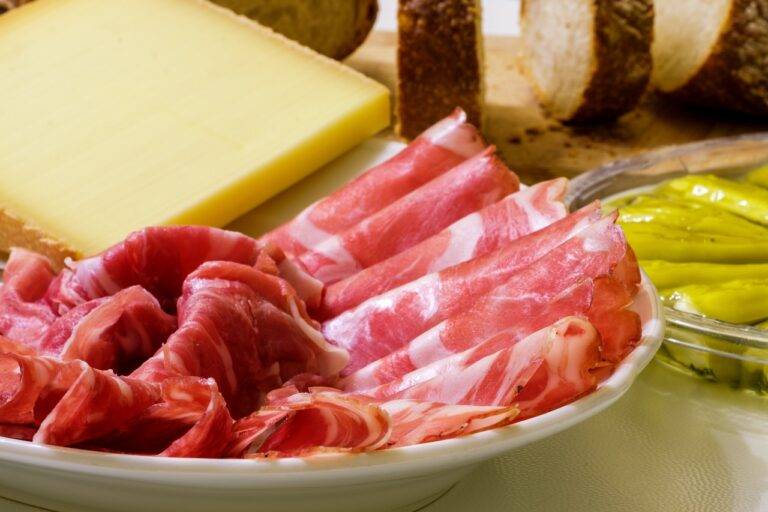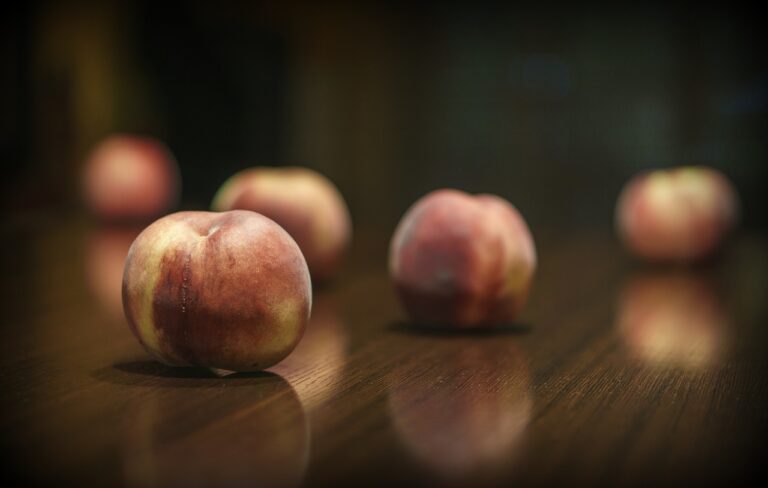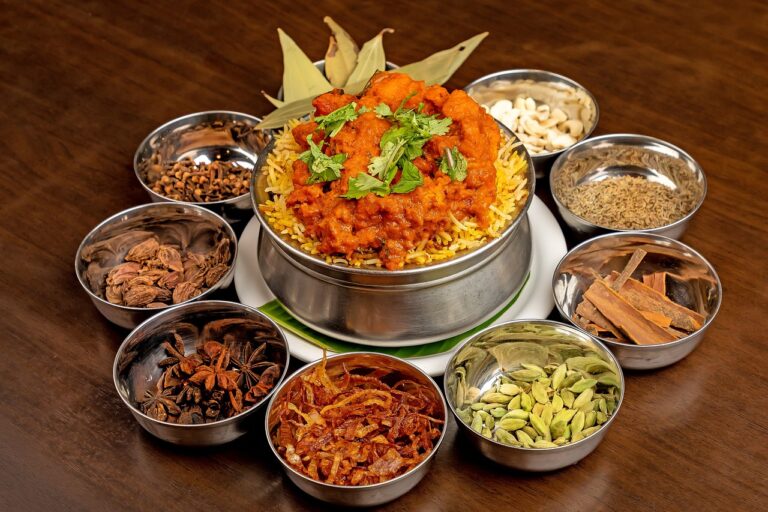The Art of Brining: Enhancing Flavor and Moisture in Meat: All panal.com, Get cricket id, Gold 365
all panal.com, get cricket id, gold 365: The Art of Brining: Enhancing Flavor and Moisture in Meat
Are you craving juicy, flavorful meat that melts in your mouth? Look no further than the art of brining. Brining is a simple but powerful technique that can take your dishes to the next level, enhancing both flavor and moisture in meat. Whether you’re grilling, roasting, or frying, brining can make a world of difference in the final outcome of your dish.
What is brining, you ask? Brining is the process of soaking meat in a saltwater solution before cooking. This not only adds flavor to the meat but also helps to lock in moisture, resulting in a tender, juicy finished product. The salt in the brine helps to break down the proteins in the meat, allowing it to retain more water as it cooks.
So how do you brine meat? It’s simple! Start with a basic brine of water, salt, and sugar. For every quart of water, use 1/4 cup of salt and 1/4 cup of sugar. You can also customize your brine by adding herbs, spices, garlic, or citrus zest to enhance the flavor even more. Allow your meat to soak in the brine for at least a few hours (or even overnight for larger cuts) before cooking.
Now, let’s dive into the various ways that brining can enhance your meat dishes:
1. Flavor Infusion
Brining not only adds moisture to your meat but also infuses it with flavor. The salt in the brine penetrates the meat, carrying with it the flavors of any herbs, spices, or aromatics you’ve added to the solution. This results in a more flavorful end product that will have your taste buds singing.
2. Moisture Retention
One of the biggest benefits of brining is its ability to lock in moisture during the cooking process. As the meat soaks in the brine, it absorbs water and salt, which prevents it from drying out as it cooks. This results in a juicier, more tender finished product that will have your guests coming back for seconds.
3. Improved Texture
Brining can also help to improve the texture of your meat. The salt in the brine helps to break down tough muscle fibers, resulting in a more tender, melt-in-your-mouth texture. This is especially beneficial for tougher cuts of meat, such as poultry or pork, that can easily become dry and chewy if not cooked properly.
4. Faster Cooking Time
Brined meat cooks faster than unbrined meat, as the added moisture helps to conduct heat more efficiently. This can be a real time-saver, especially if you’re cooking for a crowd or trying to get dinner on the table quickly. Just be sure to adjust your cooking time accordingly to prevent overcooking.
5. Versatility
Brining is a versatile technique that can be used on a wide variety of meats, from chicken and pork to beef and even seafood. You can customize your brine to suit the flavors of your dish, whether you’re going for a sweet and savory profile or something more herbaceous and aromatic.
6. Enhanced Caramelization
Brining can also help to improve the caramelization of the meat as it cooks. The sugars in the brine can create a beautiful golden-brown crust on the exterior of the meat, adding not only flavor but visual appeal to your dish. This can take your presentation to the next level and impress even the most discerning dinner guests.
FAQs:
Q: How long should I brine my meat?
A: The length of time you should brine your meat depends on the cut and size of the meat. For smaller cuts like chicken breasts or pork chops, a few hours should be sufficient. For larger cuts like whole chickens or turkeys, you can brine overnight for maximum flavor and moisture retention.
Q: Can I reuse brine?
A: It is not recommended to reuse brine, as it can become contaminated with bacteria from the raw meat. If you’d like to use the brine for basting or as a sauce, be sure to boil it first to kill any harmful bacteria.
Q: Can I brine frozen meat?
A: It is best to brine fresh (not frozen) meat, as frozen meat can already contain added moisture that may affect the brining process. Thaw your meat completely before brining for the best results.
Q: Can I brine meat that has already been seasoned?
A: It’s best to brine meat that has not been seasoned, as the salt in the brine can make the meat overly salty if it has already been seasoned. If you’d like to add herbs or spices, do so after brining.
In conclusion, the art of brining is a simple but effective technique that can take your meat dishes to the next level. By enhancing flavor, moisture, texture, and caramelization, brining can elevate even the simplest of dishes into something truly extraordinary. So next time you’re cooking up a storm in the kitchen, don’t forget to give brining a try – your taste buds will thank you!

